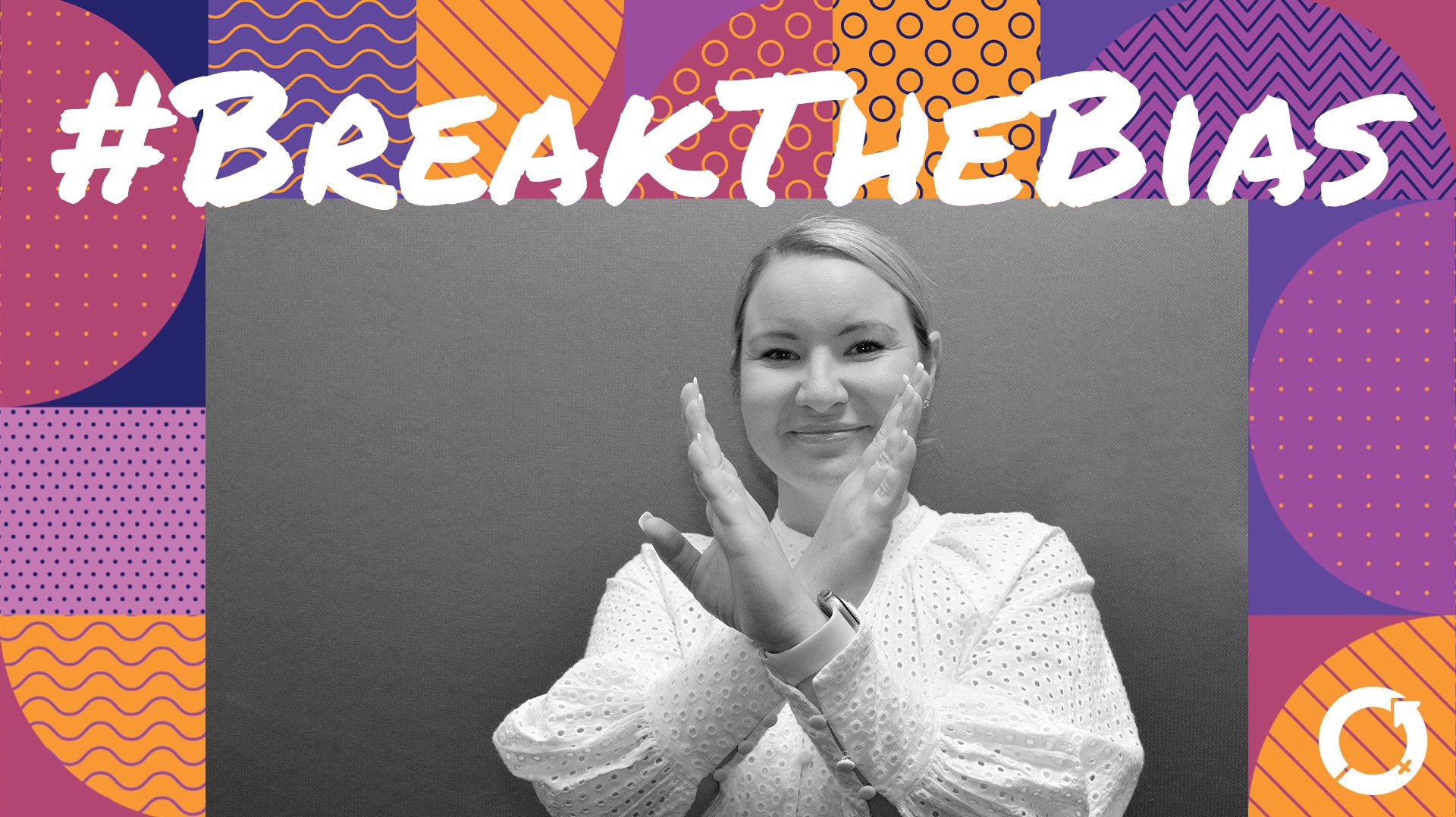It’s rewarding to see other women succeed. I started my career in my mid 20s with a large multinational, led mainly by men who excelled in micro-management… they scrutinised all of our activities, imposed onerous activity reports and even questioned sick days. On results, my team were successful, but I didn’t aspire to their version of a manager – managing that way wasn’t my style. I left feeling burnt out, with a feeling management wasn’t for me.
As it turned out, every director I worked with subsequent to that early experience recognised my potential and encouraged me to go back into management. I’m glad I listened.
While challenging, management can also be incredibly rewarding, but the rewards begin when you start to think of yourself as a leader. The path to leadership was not smooth. I made mistakes – and learned from every single one of them! Most importantly, I learned that to be a leader, I also had to support and develop my team. I got a real kick out of giving them the tools (skills, experience and mentoring) to succeed and move on to the next stage of their career.
As a recruiter and team leader, I am in the unique position to be able to influence candidates and colleagues in their career choices, as well as to provide guidance to organisations on making unbiased hiring choices. I’ve encouraged both women and men to apply for opportunities that they may not ordinarily be considered for. For example, I placed a highly successful female Head of IT with a leading insurance company and recruited an amazing male executive assistant. I’ve coached businesses on the benefits of offering flexibility in their workplace: could a role be offered remotely, part-time or as a job-share arrangement to maximise the talent they attract?
On International Women’s Day, a day to celebrate women’s achievements, raise awareness against bias and take action for equality, I’m sharing five things I’ve learned as a female leader:
1. Understand the importance of being a leader.
How you show up, how you communicate and how you lead, has a direct impact on your team. I looked up to successful female leaders and learned how they operate (especially when I was working in male-dominated environments), but of course you can learn from men too. Take from them what you like and leave what you don’t, but ensure to make it you own.
2. If you are not a man, don’t try to be one.
Early in my career, I thought you had to be tough and demand respect like my managers at the time (mostly men), but I was wrong. Research has shown that women in leadership not only positively contribute to an organisation’s profitability, but also bring imaginative problem-solving skills and a high level of empathy – an essential attribute for a successful leader. Take pride in your diversity, whether it’s from a female or another perspective. By being yourself, and allowing your colleagues to be themselves, you will create a productive, stable and happy team.
3. If you are underestimated, use it to your advantage.
I’ve typically worked in male dominated environments, often been the youngest in the room and consequently, have been underestimated. When that happens, don’t take it personally. Even when doing your job to the best of your ability, you may not always find opportunities to demonstrate your knowledge or use your full skillset. Make an ally of those who can see your worth, pick the right moment, engage the stakeholders and you’re sure to impress when it counts.
4. A few words about instinct and inclusion.
It is not called ‘female intuition’ for nothing, but you don’t have to be a woman to listen to your gut when it’s trying to tell you something. There have been times when I’ve not listened to my inner voice in the past and I’ve lived to regret it. However, ‘gut feel’ can also lead to bias in recruitment, which is why we use a merit-based process that has been quality assured and is independently audited. Even blind shortlists (removal of candidate names) are prone to unconscious bias and AI is capable of learned bias. When building teams it helps to maintain an awareness of diversity and inclusion across candidates from under-represented backgrounds, such as people with disabilities, Indigenous people, people from Non-English speaking backgrounds, the LGBTQI+ community and diverse age groups, as well as gender diversity.
5. Flexibility in the workplace is the new norm.
Pre-covid, as a mum, I felt like I was expected to work like I didn’t have a child. Flexible working has evolved significantly over the past 2-3 years to include working from home, working remotely, part-time executive roles and created better opportunities for women who may have otherwise put their careers on hold. Flexible environments also benefit both parents, single mothers (and fathers) and carers.
International Women’s Day is an opportunity for everyone to reflect on what it means to be a woman in business. We still face inequality, but we’ve also come a long way. As a woman in a leadership position, I believe it is really important to encourage the next generation of women to go into management roles. And that’s a responsibility we all need to take on.
Sammy is the team manager at Interchange Bench. She’s worked across multiple markets including Melbourne, Sydney, Brisbane, Dublin, and the UK. Sammy has over 12 years of experience in the recruitment sector, and builds and manages recruitment teams in the contracts and temporary space. Sammy’s focus is to provide an incredible service to both clients and candidates, and give each consultant in her team the support and development they need to reach new heights.

